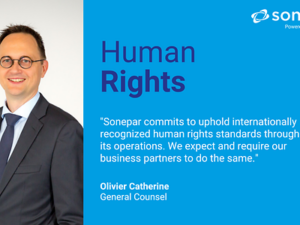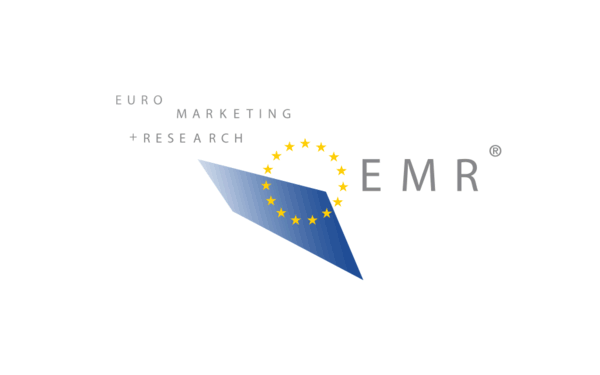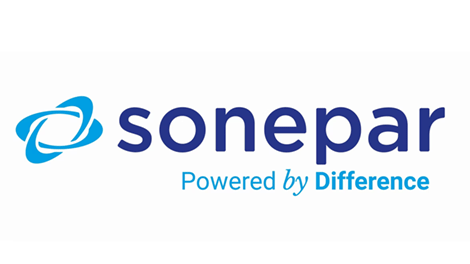Sonepar – Sonepar Publishes its Human Rights Policy
 As the world leader in the B-to-B distribution of electrical products and related solutions and services, Sonepar is an influential player throughout its value chain.
As the world leader in the B-to-B distribution of electrical products and related solutions and services, Sonepar is an influential player throughout its value chain.
Sonepar is committed to providing a working environment that ensures all associates are treated fairly, equally and decently.
Sonepar is a responsible stakeholder in society, a good neighbor and a concerned citizen, committed to the communities in which it conducts business.
The Group has drafted its first Human Rights Policy to further detail its commitments.
“As a member of the UN Global Compact and consistent with our Code of Conduct, Sonepar is committed to respecting human rights and protecting the environment. We believe that everyone has the right to be treated with dignity and respect. It is everyone’s responsibility everywhere, every day, in everything we do,” stated Philippe Delpech, CEO.
Olivier Catherine, General Counsel added: “Sonepar commits to uphold internationally recognized human rights standards throughout its operations. We expect and require our business partners to do the same.”.
Earlier this year, Sonepar also published a Conflict Minerals statement, outlining our commitment to responsible sourcing, as an important part of the Group’s CSR strategy.
Source
Sonepar
EMR Analysis
More information on Sonepar: See the full profile on EMR Executive Services
More information on Philippe Delpech (CEO, Sonepar): See the full profile on EMR Executive Services
More information on Olivier Catherine (General Counsel, Sonepar): See the full profile on EMR Executive Services
More information on the United Nations Sustainable Development Goals (SDG):
- United Nations Global Compact (UNGC): https://www.unglobalcompact.org + The world’s largest corporate sustainability initiative: a call to companies to align strategies in operations with universal principles on human rights, labour, environment and anticorruption, and take actions that advance societal goals.
- At the UN Global Compact, we aim to mobilize a global movement of sustainable companies and stakeholders to create the world we want. That’s our vision.
- To make this happen, the UN Global Compact supports companies to:
- Do business responsibly by aligning their strategies and operations with Ten Principles on human rights, labour, environment and anti-corruption; and
- Take strategic actions to advance broader societal goals, such as the UN Sustainable Development Goals, with an emphasis on collaboration and innovation.
- To make this happen, the UN Global Compact supports companies to:
- United Nations Global Compact 10 Principles:
- Human Rights
- Principle 1: Businesses should support and respect the protection of internationally proclaimed human rights; and
- Principle 2: make sure that they are not complicit in human rights abuses.
- Labour
- Principle 3: Businesses should uphold the freedom of association and the effective recognition of the right to collective bargaining;
- Principle 4: the elimination of all forms of forced and compulsory labour;
- Principle 5: the effective abolition of child labour; and
- Principle 6: the elimination of discrimination in respect of employment and occupation.
- Environment
- Principle 7: Businesses should support a precautionary approach to environmental challenges;
- Principle 8: undertake initiatives to promote greater environmental responsibility; and
- Principle 9: encourage the development and diffusion of environmentally friendly technologies.
- Anti-Corruption
- Principle 10: Businesses should work against corruption in all its forms, including extortion and bribery.
- Human Rights
- The 17 SDGS (Sustainable Development Goals) by 2030:
- Detailed explanation of each of the 17 SDGS: https://www.unglobalcompact.org/sdgs/17-global-goals

EMR Additional Notes:
- Conflict Minerals:
- https://policy.trade.ec.europa.eu/development-and-sustainability/conflict-minerals-regulation_en
- In politically unstable areas, armed groups often use forced labour to mine minerals. They then sell those minerals to fund their activities, for example to buy weapons.
- These so-called ‘conflict minerals’, such as tin, tantalum, tungsten and gold, can find their way into our mobile phones, cars and jewellery.
- Therefore, the EU passed a new regulation in May 2017 to stop:
- conflict minerals and metals from being exported to the EU;
- global and EU smelters and refiners from using conflict minerals, and;
- mine workers from being abused.
- The law also supports the development of local communities. It requires EU companies to ensure they import these minerals and metals from responsible sources only.
- The requirements start to apply on 1 January 2021.
- ESG (Environmental, Social and Governance):
- Refers to the three key factors when measuring the sustainability and ethical impact of an investment in a business or company. Most socially responsible investors check companies out using ESG criteria to screen investments.
- ESG metrics are not commonly part of mandatory financial reporting, though companies are increasingly making disclosures in their annual report or in a standalone sustainability report.
- There is not a standardized approach to the calculation or presentation of different ESG metrics.
- Environmental: Conservation of the natural world
- Climate change and carbon emissions
- Air and water pollution
- Biodiversity
- Deforestation
- Energy efficiency
- Waste management
- Water scarcity
- …
- Social: Consideration of people & relationships
- Customer satisfaction
- Data protection and privacy
- Gender and diversity
- Employee engagement
- Community relations
- Human rights
- Labor standards
- …
- Governance: Standards for running a company
- Board composition
- Audit committee structure
- Bribery and corruption
- Executive compensation
- Lobbying
- Political contributions
- Whistleblower schemes
- …
- Environmental: Conservation of the natural world
- Criteria are of increasing interest to companies, their investors and other stakeholders. With growing concern about he ethical status of quoted companies, these standards are the central factors that measure the ethical impact and sustainability of investment in a company.
- Consequently, ESG analysis considers how companies serve society and how this impacts their current and future performance.
- CSR (Corporate Social Responsability):
- Framework or business model that helps a company be socially accountable to itself, its stakeholders, and the public.
- The purpose of CSR is to give back to the community, take part in philanthropic causes, and provide positive social value. Businesses are increasingly turning to CSR to make a difference and build a positive brand around their company.
- CSR tends to target opinion formers – politicians, pressure groups, media. Sustainability targets the whole value chain – from suppliers to operations to partners to end-consumers.
- CSR vs. ESG:
- CSR is a company’s framework of sustainability plans and responsible cultural influence, whereas ESG is the assessable outcome concerning a company’s overall sustainability performance.

